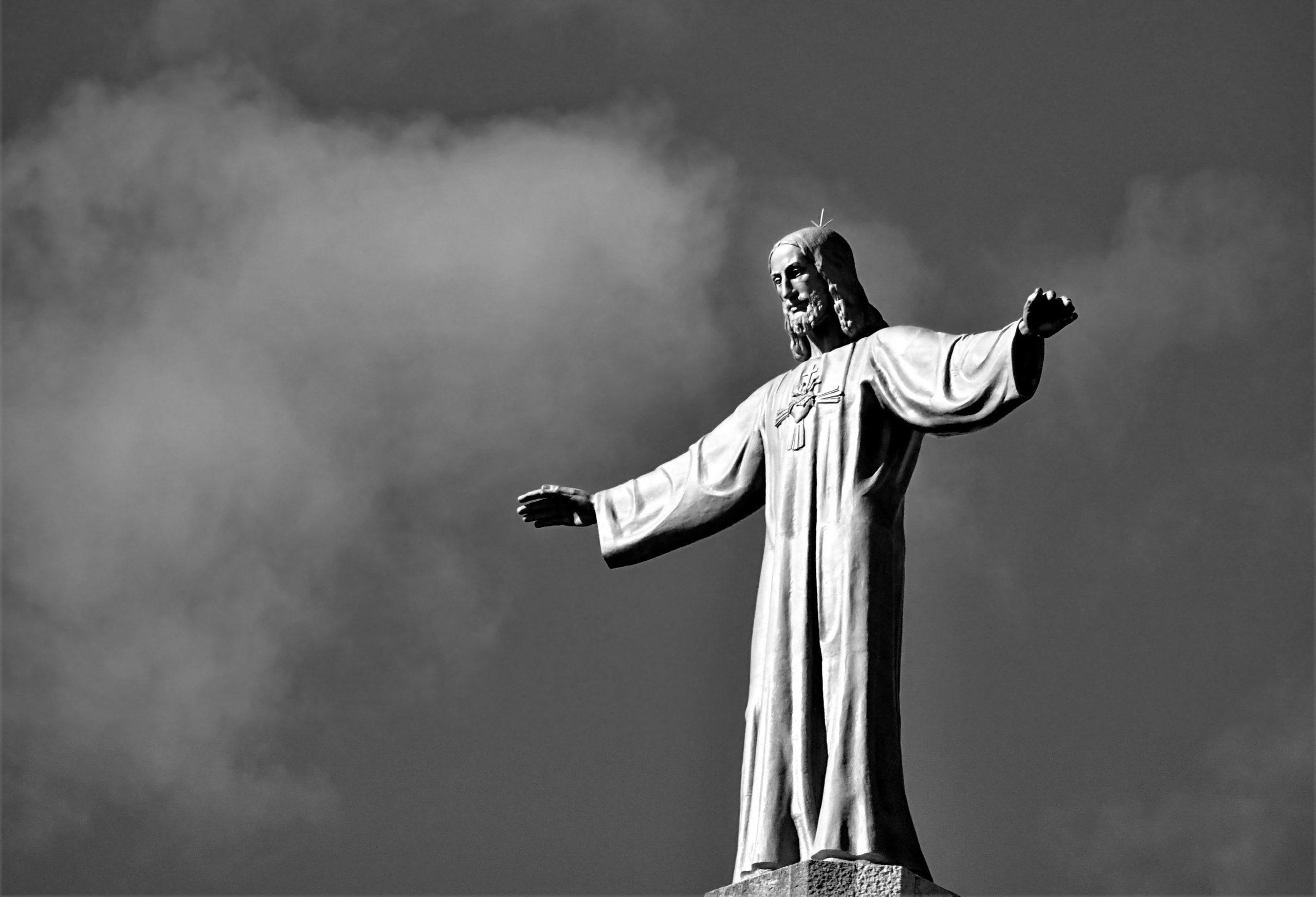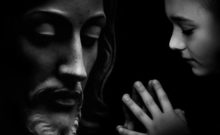When we experience events that wound us, we may feel emotions like shock, disbelief, sadness, or anger. Such events can challenge our sense of security and trust, making us feel anxious, afraid, and vulnerable. We may even feel hurt by God who seemingly did not protect us and abandoned us when we need Him most. We may distance ourselves from people or things that wounded us: we break relationships, leave communities, and abandon our faith in God and the Church.
At March 30th’s Theology on Tab, Fr. Santo Arrigo (a Redemptorist priest in youth and young adults ministry in Toronto) addressed the issue of woundedness. Quoting the Gospel of Luke 24:13-35, he indicated that our reactions to wounds are similar to what Jesus’s disciples experienced after His death. In this gospel, two disciples were on the road to Emmaus from Jerusalem on the day of Jesus’s resurrection. They could not make sense of the death of the Messiah and the disappearance of His body from the tomb. They were leaving the place that reminded them of the loss of Jesus and their hope in Him. Jesus approached and accompanied them on their journey (they did not recognize Him at first); He listened to the disciples talk about what happened in Jerusalem, and told them what the Scriptures said about the suffering of the Messiah before His resurrection. When they arrived in Emmaus, the disciples invited Jesus to stay with them. They finally recognized Jesus when He broke bread at the dinner table and vanished. Immediately, the disciples returned to Jerusalem with renewed faith and joy.
Fr. Santo reminded us that God is present in our journey through difficult times, just as Jesus was with His disciples on their journey to Emmaus. When trials wound us, we can “get back to the basics” of our faith and encounter God by imitating Jesus and His two disciples; we can recognize the presence of God in the Eucharist, in the Scriptures, and in one another – especially when we share our stories of woundedness, and pay attention to the needs of people who are hurting. When we meet God in these ways and choose to renew our faith in Him, His goodness can permeate through our woundedness and turn it into an opportunity for grace and healing.
Instead of focusing only on our wounds and negative emotions during difficult times, we can recognize the blessings and opportunities for goodness that come out of these moments. Fr. Santo gave examples of good news during the current COVID-19 pandemic, such as the global concern and generosity for one another, various aids and provisions from the government, reduced pollution, and more peace among people and nations. Other examples of the goodness are people’s creativity and their amazing ability to deal with the pandemic with a sense of humour; photos of clever makeshift masks, articles about home activity ideas, and humorous music videos about self-isolation show that there is light in our hearts that the darkness of COVID-19 cannot touch.
What about people who have lost faith in the Catholic Church and God? How do we help them see the presence of God and His goodness during times of trial? Quoting Pope Francis, Fr. Santo said that we need to be members of the Church that can walk with these people, and help them make sense of the woundedness and darkness in their lives. By doing so, God can be with them through us and satisfy their spiritual hunger, and we can show them that the Church has not abandoned them.
We may have difficult times in our lives, but we can turn them into moments of sanctity and blessing. We can invite Jesus into our woundedness and recognize the goodness He brings out of it. Just as Jesus’ death was not the end of His story, woundedness is not the end of our life experiences. Jesus’ resurrection gives us hope that we can look forward to life, light, and joy as we journey through our woundedness.
About the Author: Theresa Kim is a blog writer for Faith Connections. She is an aspiring freelance writer and a polymath with many, many interests and passions, including writing, visual arts, mathematics, social justice, and (of course) God and the Catholic Church.





